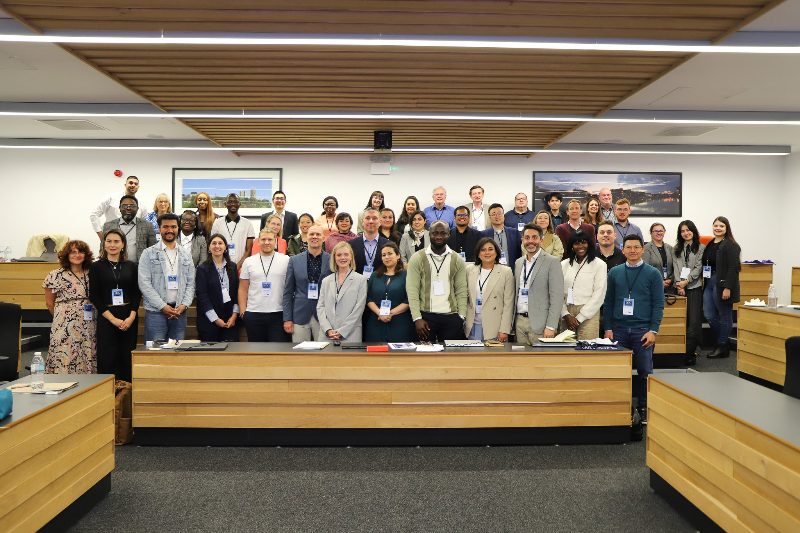Other
[SIG 03 – ENT – Entrepreneurship]
Dear members of the ENTREPRENEURSHIP SIG community,
To formalise the chairship for the next three years of our SIG, and in line with the compliance rules set by the governing bodies of our Academy, we are all invited to take part in an electoral process. The first step in electing the next SIG Chair is to collect any candidacies by 10th July 2025.
Candidates are invited to send:
– A CV
– A short report of their previous involvement in EURAM activities (previous roles, track management)
– A short proposal of future activities to be implemented in compliance with EURAM values
– An inclusive team (in terms of age, gender, and country of origin) that can support him/her during the chairmanship (programme chair, communication officers, and so on).
Please send your candidacy, if you wish to stand, by 10th July 2025 to both the following addresses: diego.matricano@unicampania.it and info@euram.academy
A committee of past SIG Chairs will assess the applications and will draw up at maximum two candidates for the ballot. Details of the voting procedure and the platform to be used will be communicated thereafter.
Kind regards,
Diego Matricano
ENT Sig Chair
[SIG 06 – INNO – Innovation]
As part of the Bank of Israel’s digital shekel project, a business and functional design process of the digital shekel system is being conducted. This is part of the action plan for the potential issuance of a digital shekel. The design process is based on an analysis of the required functionalities to support the motivations defined for issuing a digital shekel, as well as insights gained from various stakeholders, including public forums managed by the project. This study examines, for the first time, the public’s attitudes toward the digital shekel, and insights from the study will be used in furthering the design process.
The study, which was conducted by Prof. Ruth Plato-Shinar, Dr. Libby Maman, Adv. Lilah Shema Zlatokrilov, CPA and Dr. Nir Yaacobi, examined the Israeli public’s readiness to adopt a digital shekel, and the features of a digital shekel that may increase the public’s willingness to use it. The study included various statistical analyses to identify differences in this readiness based on various personal characteristics: demographic differences, financial and digital literacy, and trust in various systems, including the Bank of Israel.
The main findings:
More than half of the respondents (51.57%) showed a high level of interest in using the digital shekel. Thirty-four percent of the public expressed a very high level of interest, and 17 percent expressed medium-high interest. This finding indicates a high potential for adopt the digital shekel by the Israeli public.
The study also examined what features of the digital shekel may increase its use. The clear advantages of the digital shekel as noted by the sample participants in open-ended questions were all related to ease of use. Other prominent features include customer protection against fraud and system errors, the Bank of Israel’s backing of the currency, and the innovation embedded in it. In contrast, the main concerns raised by the survey participants were cybersecurity and information security risks, difficulty of use, and lack of accessibility for certain population groups. Unlike findings in some other countries, privacy concerns did not emerge as a dominant issue.
Participants were then presented with a series of potential features of a digital shekel, some of which do not exist with current payment methods and were not mentioned by respondents in the open-ended questions.
The study also examined personal characteristics that may influence the willingness to adopt a digital shekel. Men showed higher interest than women in the digital shekel. Interest in the digital shekel was positively correlated with age and with income level. The level of education was not found to be an influencing factor. The study also found that the level of interest in the Haredi (ultra-Orthodox) community was lower than in the rest of the population, and that the highest level of interest was identified among secular individuals. Other significant factors contributing to the level of interest in the digital shekel included high financial and digital literacy, self-perceived technological proficiency, holding cryptocurrencies, and a propensity for risk. A high level of trust in the Bank of Israel also contributed to greater interest in the digital shekel.
Most of the study’s findings are similar to those of studies conducted by other central banks. However, two major differences were found. The first has to do with the issue of privacy. In Israel, the issue was found to privacy emerged as a major concern. The second difference has to do with the demographic characteristic of age. In Israel, the findings indicate a greater willingness to adopt a digital shekel as age increases, particularly over the age of 40. In contrast, some of the studies by other central banks show that it is the younger population that is most ready to adopt a digital currency.
https://euram.academy/content/contributions/20250710-111834_8rynRUB7.pdf
[SIG 09 – OB HRM – ] Organisational Behavior and Human Resource Management
Dear OB SIG Colleagues,
Ozyeğin University’s AACSB-accredited Faculty of Business in Istanbul invites applications for a full-time Assistant, Associate, or Full Professor position in OB/HRM, starting September 2026 or later.
We seek candidates with a strong (or potential for strong) international research record for publication in top-tier journals and a passion for teaching general management and HRM courses in English at a university dedicated to transformative learning.
We would be delighted to connect with interested individuals during the upcoming EURAM meeting.
For comprehensive details on the role, qualifications, and application process, please see the attached document.
We look forward to connecting!
Ceyda Maden-Eyiusta
(on behalf of OzU Management & Organization Group)
Faculty of Business
Özyeğin University
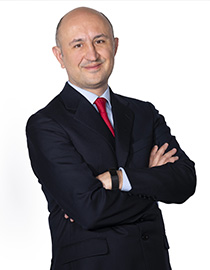



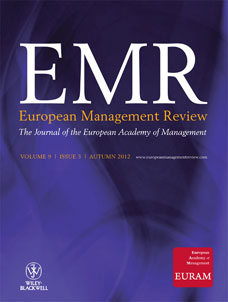
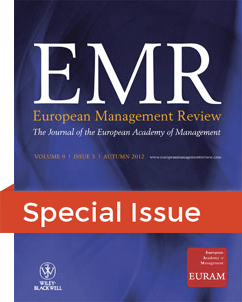
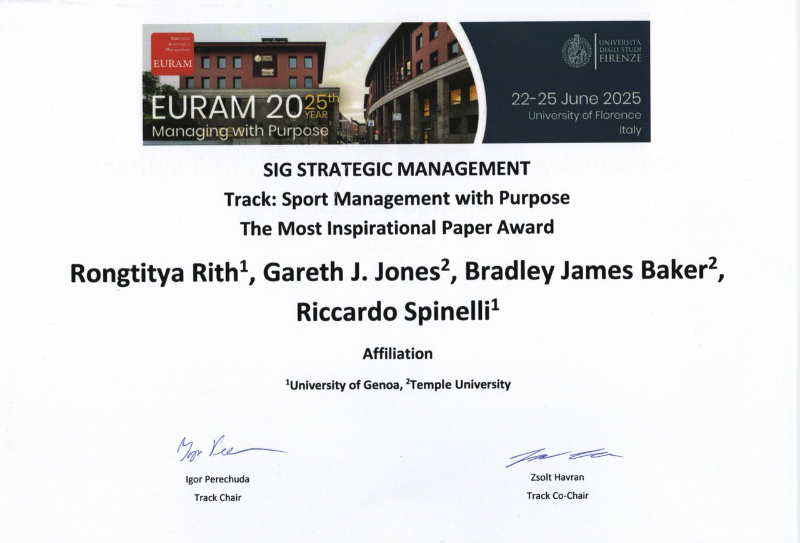 EURAM Conference 2025, SIG 13 – Track 11: Sport Management with Purpose
EURAM Conference 2025, SIG 13 – Track 11: Sport Management with Purpose